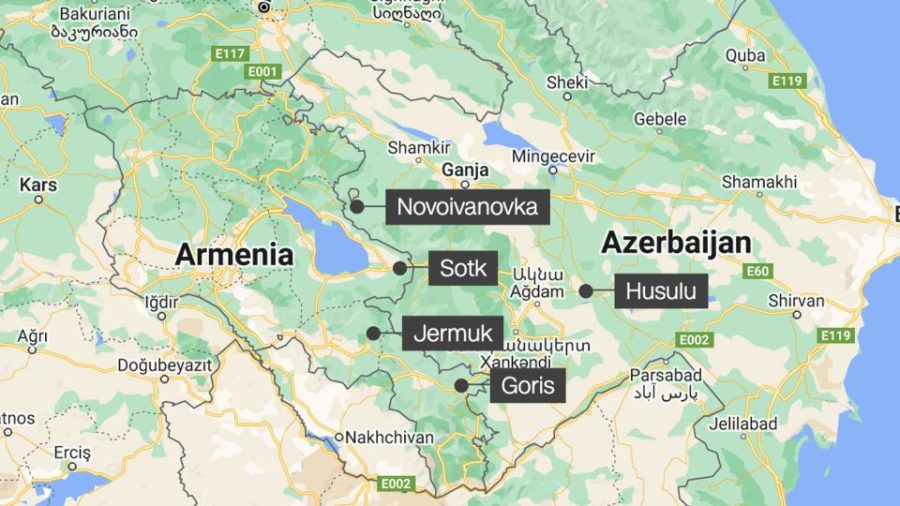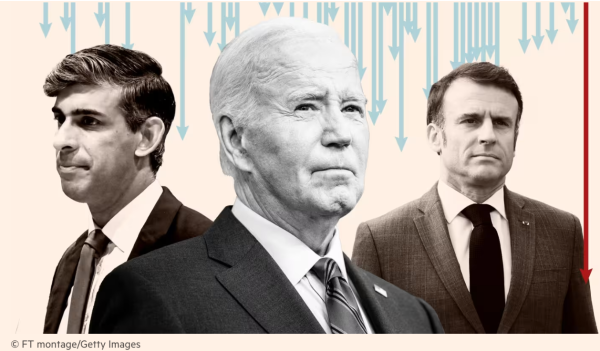Azerbaijan Launches Large Scale Attacks on Sovereign Armenia
At the crack of dawn on September 13th, 2022, Azerbaijan launched military attacks on several cities and towns near the southern border of Armenia. These attacks were unprovoked, and many of the civilians that reside in these communities were injured, killed, or forced to relocate. While defending their homeland, 207 Armenian soldiers were killed and 293 were wounded.
This attack follows two full-scale wars between the two countries (the first ending in 1994, the other in 2020) over Nagorno-Karabakh, a region known to Armenians as Artsakh, a mountain corridor between the two nations. Artsakh historically and ethnically belongs to Armenia, but was partitioned under the Soviet Union. After a ceasefire in 2020 overseen by Russian President Vladimir Putin, Armenia lost much of Artsakh and some of its own land.
The recent attack marks the worst escalation in tensions between the countries since the end of the 2020 Artsakh War. Not only did Azerbaijan violate the Russian-brokered ceasefire, but the attacks were also carried out inside the border of the sovereign territory of the Republic of Armenia.
Being a small, landlocked country surrounded by more enemies than friends is a difficult situation. Armenia, which shares its western border with Turkey and its eastern border with Azerbaijan, does not have many allies it can rely on in the region. Russia, its most prominent ally, has been preoccupied with the war in Ukraine, leaving Armenia to defend itself with a small, underequipped army.
U.S. Speaker of the House Nancy Pelosi visited Armenia about a week after the attacks took place. She met with Nikol Pashinyan, Armenia’s Prime Minister, criticized Azerbaijan, and stated that the United States should use its global standing to aid and support Armenia. Pelosi strongly condemned “illegal and deadly attacks by Azerbaijan” and added that the “territorial security, sovereignty and democracy of Armenia are a value to us in America.”
Baku, the capital of Azerbaijan, having the largest port in the Caspian Sea has made it a very important asset for the West, and being on good terms with the country comes with many geopolitical and economic benefits. Azerbaijan is vital for ensuring access to energy sources that do not come from Russia; the hydrocarbons that the country has access to through the Caspian Sea are a good alternative to Russian oil, for example.
Because of the fact that it is economically and strategically in the United States’ best interest to have a good relationship with Azerbaijan and Turkey, defending Armenia against peril becomes a much more complex situation. America, Azerbaijan, and Armenia have different interests and priorities, and unfortunately, Armenia always gets the short end of the stick. Even though Pelosi’s trip to Armenia drew international attention, Armenia remains vulnerable.
As of now, another ceasefire agreement has been put into place between Armenia and Azerbaijan. However, considering the history of aggression towards Armenia for the past 100 years, Russia’s preoccupation with Ukraine, and Europe’s dependence on Azerbaijan for its energy needs, it is likely only a matter of time before the Azeris attack again.
Sources

Grade: 12
Years on Staff: 5
Why are you writing for The Flintridge Press?
I'm writing for the Flintridge Press because I love learning about...











